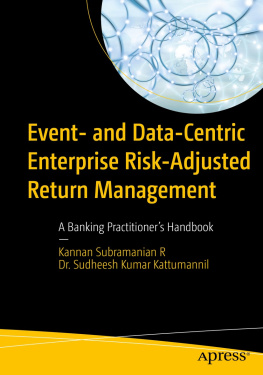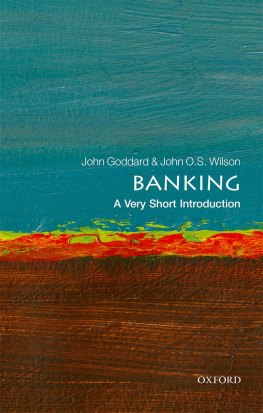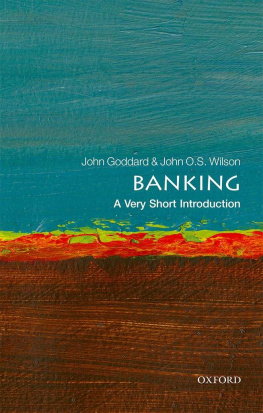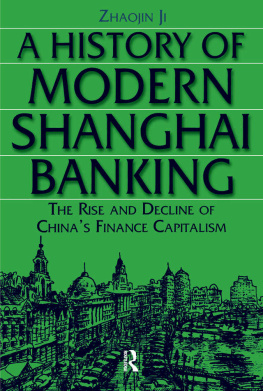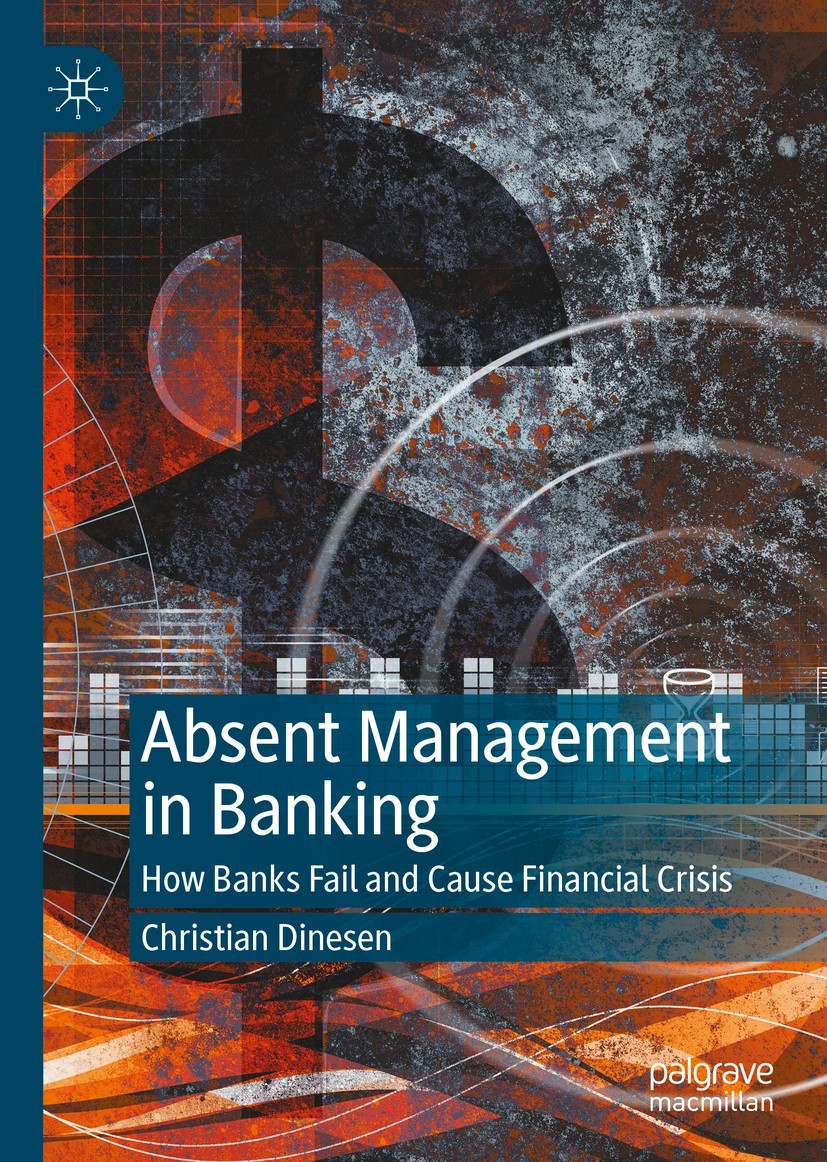Christian Dinesen - Absent Management in Banking: How Banks Fail and Cause Financial Crisis
Here you can read online Christian Dinesen - Absent Management in Banking: How Banks Fail and Cause Financial Crisis full text of the book (entire story) in english for free. Download pdf and epub, get meaning, cover and reviews about this ebook. year: 2020, publisher: Springer International Publishing, genre: Business. Description of the work, (preface) as well as reviews are available. Best literature library LitArk.com created for fans of good reading and offers a wide selection of genres:
Romance novel
Science fiction
Adventure
Detective
Science
History
Home and family
Prose
Art
Politics
Computer
Non-fiction
Religion
Business
Children
Humor
Choose a favorite category and find really read worthwhile books. Enjoy immersion in the world of imagination, feel the emotions of the characters or learn something new for yourself, make an fascinating discovery.
- Book:Absent Management in Banking: How Banks Fail and Cause Financial Crisis
- Author:
- Publisher:Springer International Publishing
- Genre:
- Year:2020
- Rating:4 / 5
- Favourites:Add to favourites
- Your mark:
Absent Management in Banking: How Banks Fail and Cause Financial Crisis: summary, description and annotation
We offer to read an annotation, description, summary or preface (depends on what the author of the book "Absent Management in Banking: How Banks Fail and Cause Financial Crisis" wrote himself). If you haven't found the necessary information about the book — write in the comments, we will try to find it.
Offering a historical analysis of management in banking from the Medici to present day, this book explores how banks can cause devastating financial crisis when they fail. Rather than labelling management as good or bad, the author focuses on the concept of absent management, which can occur as a result of complexity. The complexity of banking, which intensified alongside the phenomenal growth of banks in the 20th and 21st centuries, resulted in banks that are mismanaged or, at times, even unmanaged. Drawing on business school case studies including Barings and Lehman Brothers, this book showcases how absent management in banking has caused crises, depressions and recessions, and how ultimately it will continue to do so.
Christian Dinesen: author's other books
Who wrote Absent Management in Banking: How Banks Fail and Cause Financial Crisis? Find out the surname, the name of the author of the book and a list of all author's works by series.




